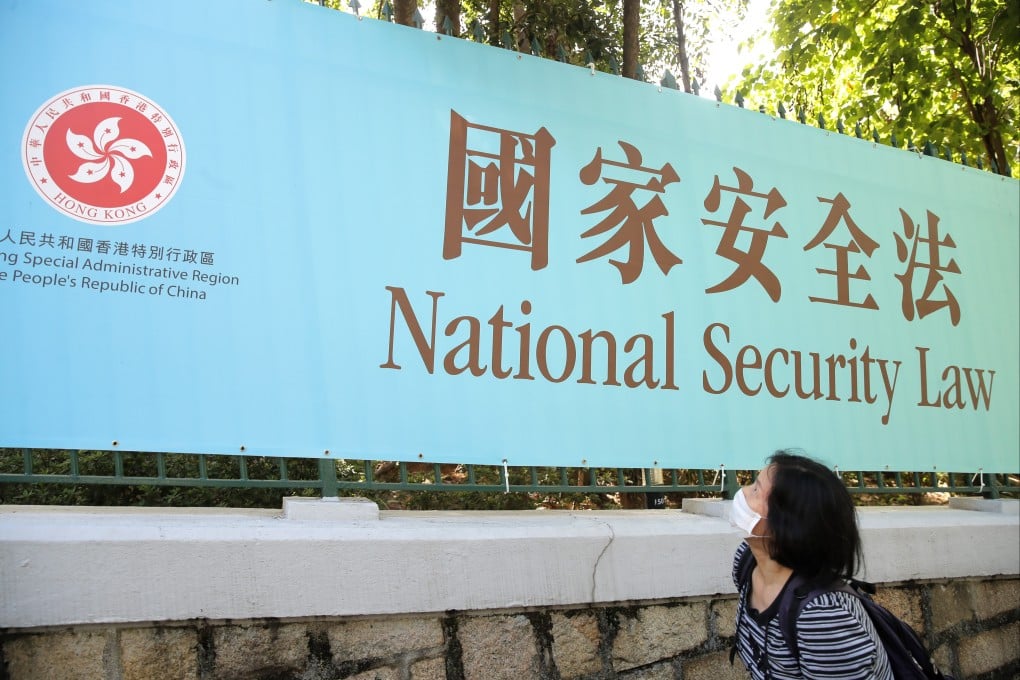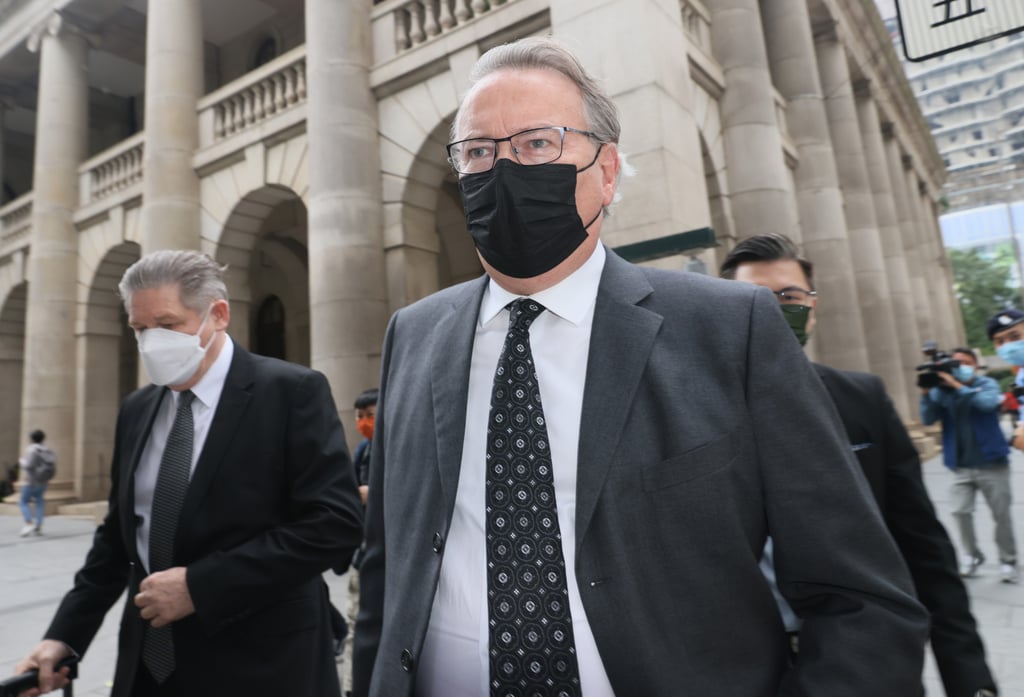Legal experts predict foreign lawyers will be barred from national security cases involving seized assets if Beijing interprets law
- Forecast points to wider scope in changes to law than previously thought, as Chief Executive John Lee asks Beijing to interpret legislation
- If Beijing ends up banning foreign lawyers from arguing in national security cases, it could go beyond four offences listed under law, experts say

Foreign lawyers will be barred from dealing with cases involving assets seized under the national security law and sedition trials should Beijing grant an interpretation sought by the Hong Kong government on the legislation, experts based locally and beyond have predicted.
Their forecast points to a far wider scope in changes to the law than previously thought as underscored in the case of media tycoon Jimmy Lai Chee-ying, whose bid to hire British King’s Counsel Timothy Owen has prompted the Hong Kong government to seek a clarification from Beijing.

Chief Executive John Lee Ka-chiu has painted the request as a matter of great importance under national security, saying the present mechanism failed to put in place a safeguard that shielded overseas lawyers from undue influence from their own country, which could be hostile towards the city. Their access to state secrets was also a concern, he added.
A day after he filed the request to Beijing, Lee on Tuesday instructed Secretary for Justice Paul Lam Ting-kwok to ask the court to put Lai’s trial, originally slated for Thursday, on hold for a week pending the latest development.
Lai’s case is concerned mostly with charges of collusion with foreign forces, one of four offences under the national security law, with the other three being secession, subversion and terrorism.
But several legal experts whom the Post spoke to have concluded – or least left open the possibility – that if Beijing ended up banning foreign lawyers from arguing in national security cases, it could go beyond the four offences.